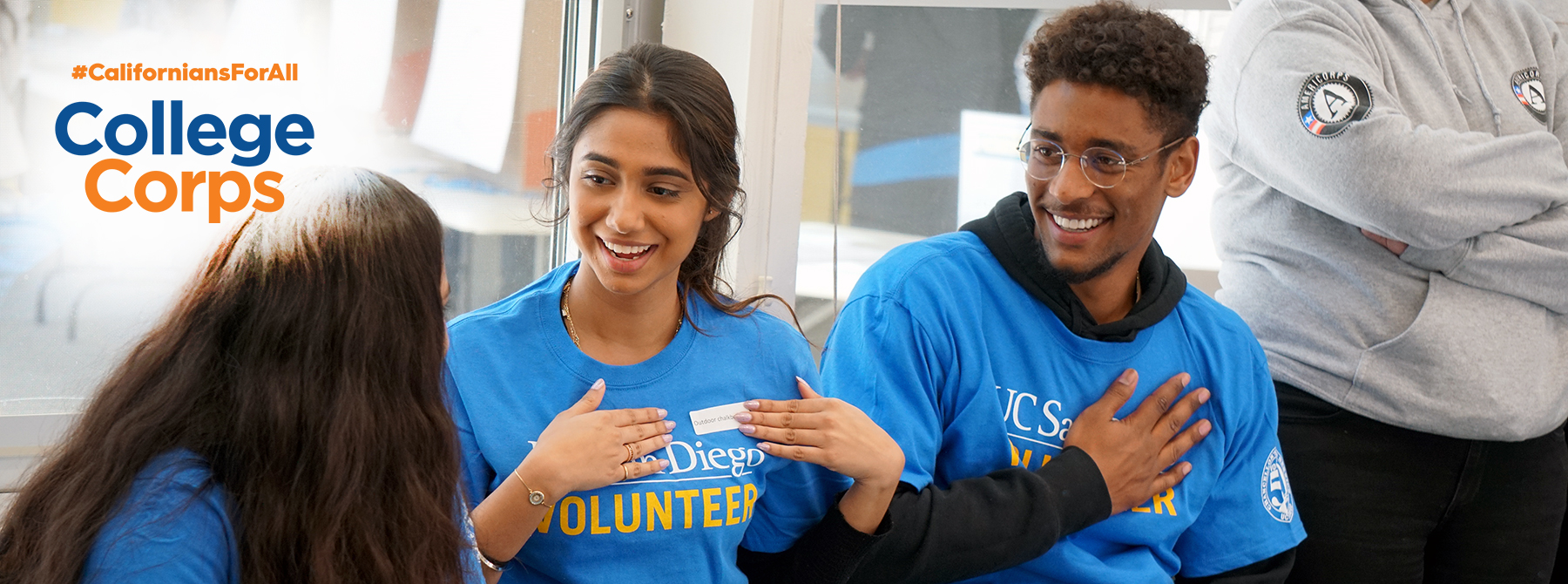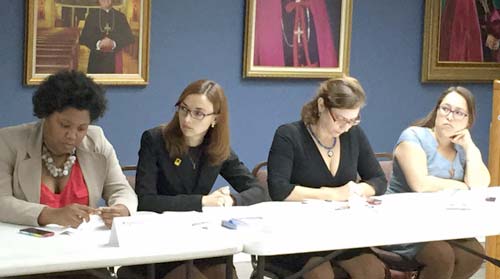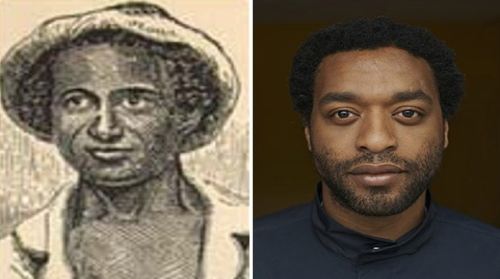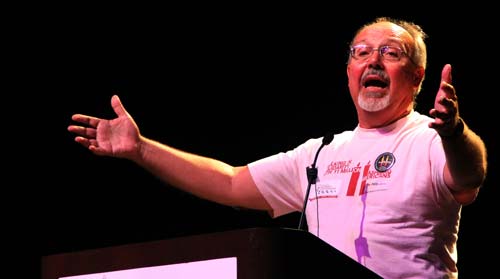3200 STUDENTS BEGIN SERVICE YEAR AS #CALIFORNIANSFORALL COLLEGE CORPS FELLOWS – Receive up to $10,000 for completing a year of community service
Magazine, The Immigrant Experience
This month 3,200 students – sworn in by Gov. Newsom at a swearing-in ceremony in Sacramento on Friday, Oct. 7 – begin their first academic year as College Corps fellows at one of 46 partnering colleges and universities across the state. Each student will receive up to $10,000 for completing a year of service in the community, either tutoring and mentoring low-income students, distributing meals to those facing food insecurity, or taking climate action. 80% of fellows are students of color, 58 percent are first-generation college students, and 68% are Pell grant eligible. 500 fellows are AB 540 Dream Act students. Launched by Gov. Newsom in 2021, College Corps represents the first and largest state-level investment in a college service program in the country, with $146 million earmarked for up to 6,500 students over the next two years. Speakers will talk about the vision that inspired the program, how it works, who is eligible, how to apply and where students will do their community service.
Josh Fryday – California Chief Service Officer Share the news that Governor Gavin Newsom had created the opportunity to serve all college students in California. All students in California can now have relief through the #CaliforniansforCollege board. Students can get up to $10,000 in support for tuition and other benefits it also addresses food insecurity and add opportunities that these students can get after graduation which will bring benefits to the community. This initiative is available to all uses, CSUs, community colleges, and some private institutions. It is the first-of-its-kind service program that ensures that the DREAM Act students’ debt relief. the California Dream Act students now know that they are valued for their contributions to the future of California. More than 80% of applicants self-identified as students of color in the program. This is something of great value to California, and the hope is for it to spread all over the country to all young people. Students who do not get approved this year can apply next year. It is very competitive and the students are chosen by their campus. It is funded through 2026 through the governor’s end of the first term.
Debbie Espinoza from Find Food Bank explained that the goal is for people who are food insecure to be taken care of. It is going to heal food insecurity by providing access to food. The focus is communities and children where 86% of kids in school suffer from food insecurity. Find Food Bank serves these communities for which the majority are communities of color. Therefore doing this at the college level is vital as it allows people to thrive in the communities they live in. Equitable access in the community through food on campus gives the opportunity for students to get the nourishment they need to succeed as well as job skills which are also part of this give a holistic approach to guarantee success. A multi-faceted approach such as this including food access and education helps the community to thrive. They serve anyone having food insecurity and all ages from 0 to 100 years old. 98% are either children, retirees, or working families, and only 2% are reported homeless. They are contributors to the society struggling with the high cost of food made worse by the covid pandemic. Food for free to people that need it frees up money for gas, rent, etc.
Ali Alani a student fellow born in Syria immigrated to the US at the age of 16 with his family at the peak of the pandemic. He shared that the transition was challenging and now a second-year student at UC San Diego he found out about ‘College Corps’ through his email. His passion for teaching led him to take advantage of this program which has been useful and helped with things that affect him such as education, climate change, and food insecurity. For Ali, ‘College Corps’ helps him prepare for a great future as he leaves a positive impact on the students he mentors. He is currently training to get into other programs and helping students to succeed.
Wendy Lizola another student fellow is a first-generation undocumented student from Mexico. Growing up she shared, her family struggled a lot to make ends meet. Her parents’ washed cars for meager means which led her to struggle at school, especially with the English language. This made her and her siblings motivated to do well at school and not take her education for granted. However, being undocumented is a big challenge since most employers hesitate to employ AB45 students after graduation. Also, not being able to get DACA since it closed before she could apply makes it extra frustrating. She applied to this program because undocumented students could apply and get paid as well. She is grateful to take this opportunity and now as a tutor in middle school, she sees the challenges faced by most students and is motivated to help. Wendy says her goal is to be a pediatric nurse end is really grateful to this program which is going to make it possible to achieve those dreams.
There are over 500 AB 45 students in the program and though grateful she lives in uncertainty knowing that as an undocumented student she cannot get a job if immigration reform does not grant her the ability to get legalized. For now, the $10,000 relief helps to cover the gap that is left in their financial obligations.










